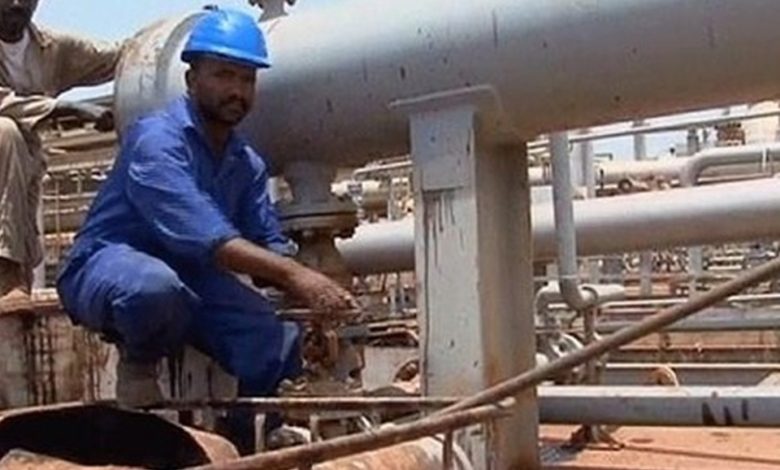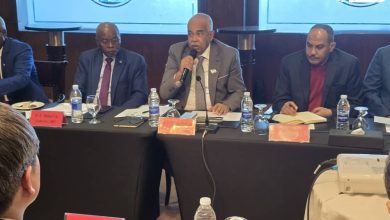Former State Minister in the Sudanese Ministry of Oil: Rapid Support Forces’ Closure of Oil Pipelines Is Insignificant

Khartoum – Rehab Abdullah
Former State Minister in the Sudanese Ministry of Oil, Engineer and Advisor Isaac Jamaa, downplayed the impact of the Rapid Support Forces’ closure of oil pipelines from the Khartoum refinery. This is concerning the reported closure of the pipelines as stated by government sources, as reported by Al Jazeera.
Isaac Jamaa told ‘Sudan Event’ that the impact is only on crude oil, as petroleum products do not freeze even at freezing temperatures. “It doesn’t freeze in your car”, he added. Regarding crude oil, he explained that if the refinery’s storage facilities are full, all the crude can be directed to Port Sudan and stored in dedicated warehouses initially meant for this type of exported oil, as the refinery’s crude oil is, in fact, taken from the pipelines destined for Port Sudan.
Regarding the supply’s impact, Isaac clarified that the refinery covers less than 30% of Sudan’s total needs due to the limited crude oil supply from the fields. Therefore, 70% of the needs are imported through Port Sudan, making the closure of the link between the refinery and the supply centre in Jebelain limited. The supply originates from Port Sudan, and there is a direct pipeline between Port Sudan and Khartoum, as well as the eastern, northern, and even Gedaref regions. He confirmed the possibility of direct supply from Port Sudan.
Sudan produces less than 50,000 barrels of oil per day, before the war that began on April 15th.



